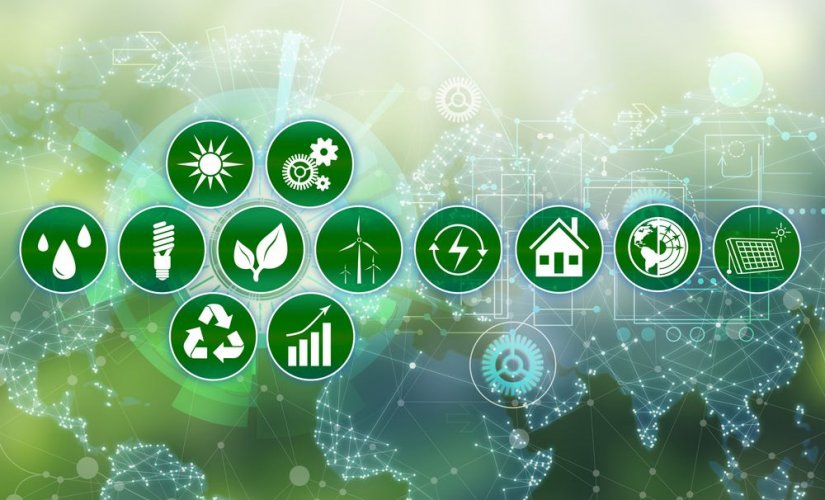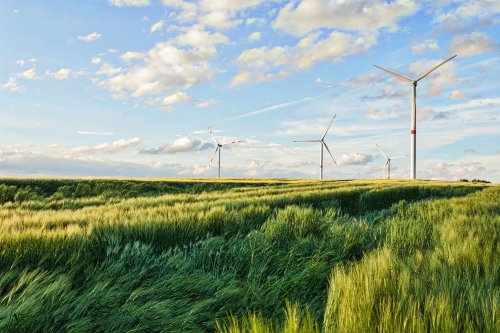Every year on March 5, the World Energy Efficiency Day is celebrated, which aims to raise awareness of the need to reduce energy consumption through its reasonable and sustainable use.
EcoPolitic has prepared interesting facts about this day and the benefits of energy efficiency for its readers.
History of Energy Efficiency Day
For the first time, the idea to introduce the World Energy Efficiency Day appeared in 1998 at an international thematic conference devoted to energy efficiency problems in Austria.
It discussed alternative sources of energy due to the possibility of future depletion of fossil fuels. During the meeting, the parties agreed on a day when special attention should be paid to careful use of energy and its responsible use.
Why is energy efficiency important?
In contrast to simple energy saving (energy conservation), which is about reducing energy use, energy efficiency is about its rationalization.
In the EU, buildings account for 40% of electricity and heat consumption and 36% of greenhouse gas emissions. The energy sector is the largest source of greenhouse gas emissions due to the large-scale use of fossil fuels, in particular coal, for its generation.
Without thermal modernization measures, buildings lose heat through outdated windows, doors, and walls. And outdated appliances with low energy efficiency consume a lot of energy.
In addition, a number of industrial processes use more energy due to inefficient equipment.
It is worth noting that energy efficiency is also a powerful tool to reduce dependence on Russian fossil fuels, which the aggressor country uses as a weapon.
Advantages of energy efficiency
Energy efficiency is an important aspect of modern life that has many advantages, including:
- reduction of energy costs, and therefore reduction of bills for it;
- reduction of greenhouse gas emissions, which is a key condition for limiting global warming;
- increasing the comfort of life, thanks to better heat and noise insulation;
- promoting sustainable development to preserve resources for future generations.
Many technologies are being developed around the world to make more efficient use of energy. These include LED, plasma, and sodium lighting, energy-saving heating technologies, the use of thermal insulation materials, etc.
Earlier, EcoPolitic wrote, that in 2023, the European Commission promulgated the updated Energy Efficiency Directive 2023/1791, which introduces the principle of "energy efficiency first" in energy and non-energy policies. The Directive sets a legally binding EU target to reduce final energy consumption by 11.7% by 2030, relative to the 2020 baseline.





